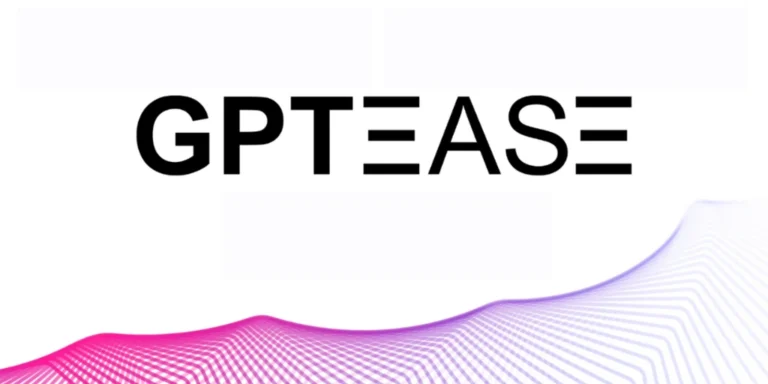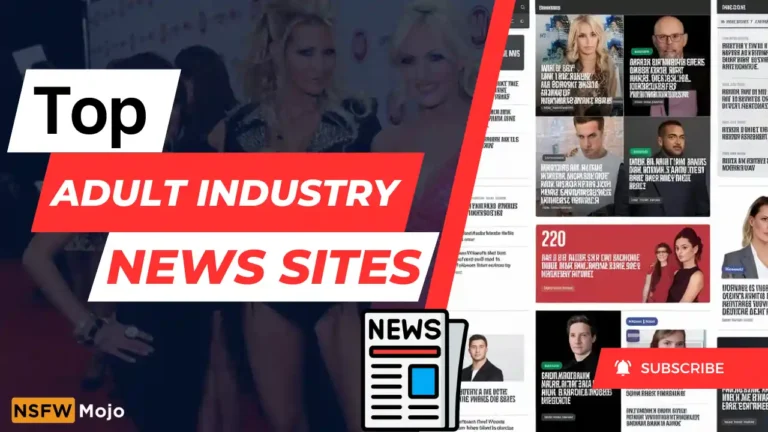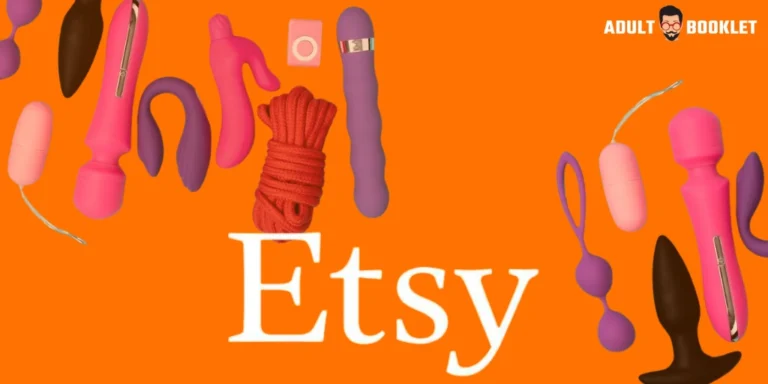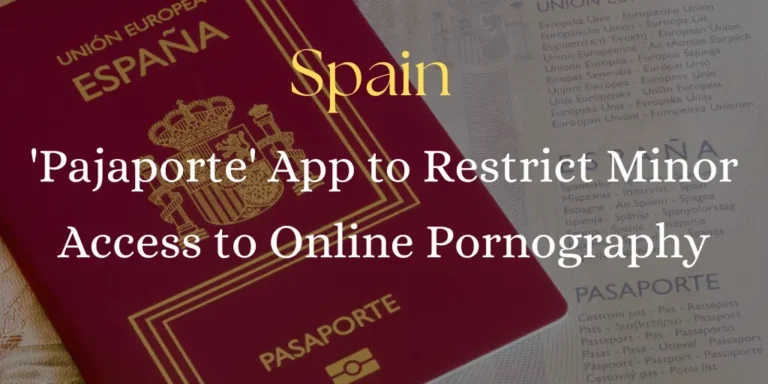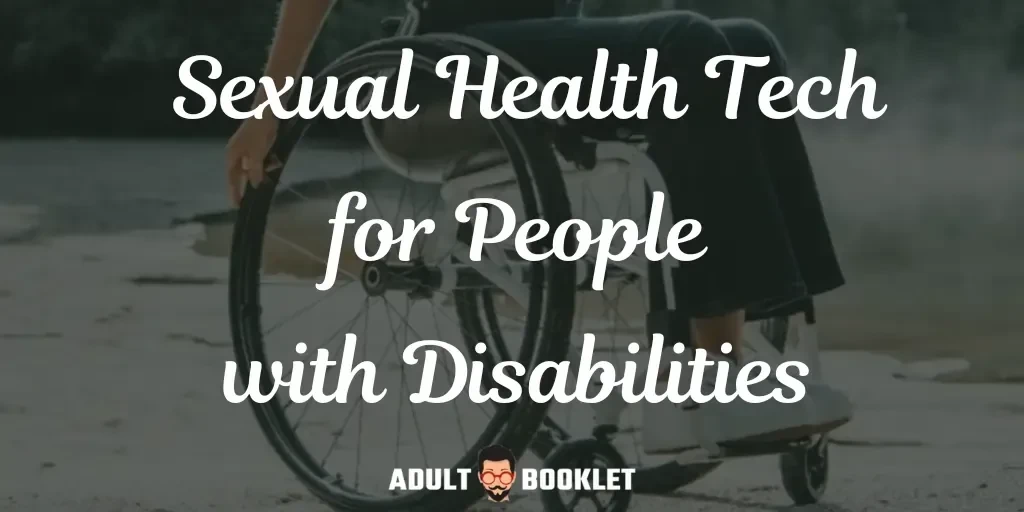
In recent years, the sex technology industry has experienced a surge in growth, with innovative products designed to enhance sexual experiences and promote sexual wellness. However, one often overlooked aspect of this industry is the potential for these “pleasure products” to provide accessibility and empowerment for people with disabilities. As society becomes more inclusive and aware of the diverse needs of individuals, it is crucial to recognize the importance of sexual expression and intimacy for everyone, regardless of their physical abilities.
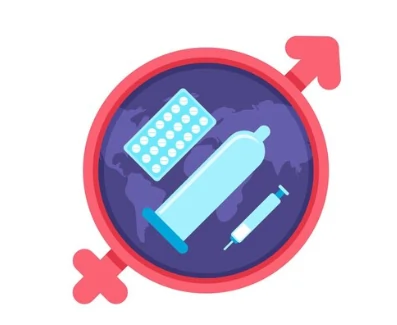
Margaret Andersen, a self-described “real-life cyborg” who uses a wheelchair and relies on a ventilator to breathe, found herself facing a significant challenge when she needed a dilator to treat her pelvic pain. Due to her disability, she was unable to insert the device independently and discovered a glaring lack of tools available to assist her or others with similar needs. Andersen's experience highlights the need for accessible sex technology that caters to the specific requirements of people with disabilities.
Determined to find a solution, Andersen took matters into her own hands and designed the tool she needed. This experience led her to co-found TouchBot Tech, a company that manufactures adaptable, lightweight aids for pelvic health and sexual wellness. While initially targeting the disability community, Andersen and her partner quickly realized that their products had a much broader appeal, benefiting older individuals, those with hand strains or arthritis, and even trauma survivors who struggled with traditional pelvic floor therapy.
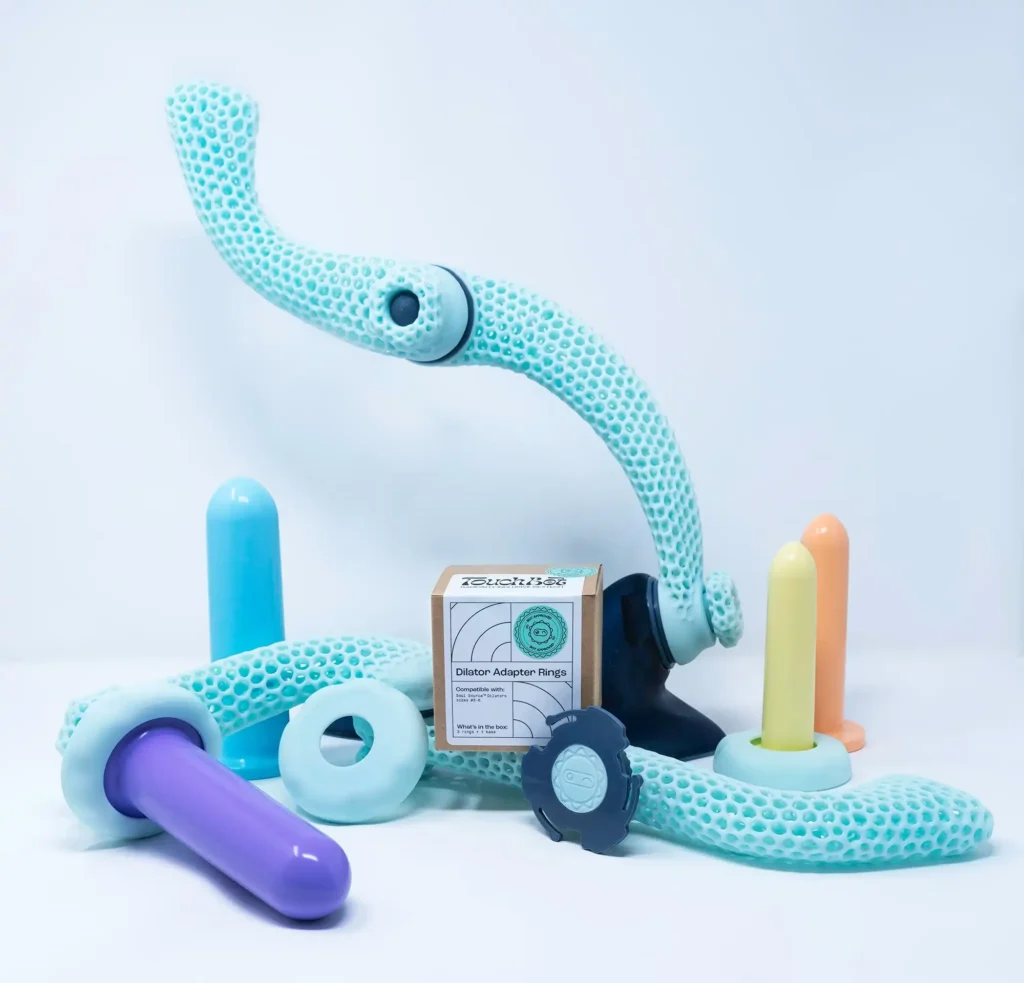
The success of TouchBot Tech demonstrates the potential for accessible sex technology to not only empower people with disabilities but also to benefit a wider range of individuals who may face challenges in achieving sexual pleasure and wellness. By designing products with inclusivity in mind, companies like TouchBot Tech are breaking down barriers and promoting sexual health for all.
However, despite the growing demand for accessible sex technology, the industry still faces significant challenges, primarily due to societal taboos and misconceptions surrounding disability and sexuality. Bryony Cole, founder of the Sex Tech School, points out that ableism within the sexual wellness industry often dictates how products are designed, preventing many people from accessing the tools they need to experience pleasure.
Moreover, the general unease in discussing sexual pleasure, particularly in relation to disability, makes it difficult for companies to secure funding and investment in this area. Censorship on social media platforms like Facebook and Instagram further compounds the issue, limiting the ability of sex tech companies to market their products effectively.
As the demand for accessible sex toys and aids continues to grow, specialized retailers and manufacturers are stepping up to meet the needs of the disability community. Online platforms like The Pleasure Garden, the UK's first inclusive sex shop, are promoting a wide range of products designed to enhance sexual experiences for people with disabilities. From powerful wand vibrators that can be used hands-free to strap-on harnesses that require minimal adjustment, these products are empowering individuals to explore their sexuality and enjoy greater intimacy with their partners.
Other notable products include the Hot Octopuss Pulse, which provides stimulation without the need for an erection or stroking motion, and the Sportsheets Doggy Style Strap, which supports a partner's hips and reduces fatigue during intercourse. These innovations demonstrate the potential for sex technology to address the specific needs and challenges faced by people with disabilities, ultimately promoting sexual well-being and inclusivity.
As society continues to evolve and embrace diversity, it is crucial that the sex technology industry follows suit by prioritizing accessibility and inclusivity in product design and marketing. By breaking down taboos and misconceptions surrounding disability and sexuality, we can create a more inclusive and empowering environment that recognizes the right of every individual to express their sexuality and experience pleasure, regardless of their physical abilities.
The rise of accessible sex technology is not only a matter of sexual health and well-being but also a testament to the resilience and creativity of the disability community. By advocating for their needs and pushing for greater representation in the sex tech industry, individuals like Margaret Andersen are paving the way for a more inclusive future, where pleasure and intimacy are accessible to all.




